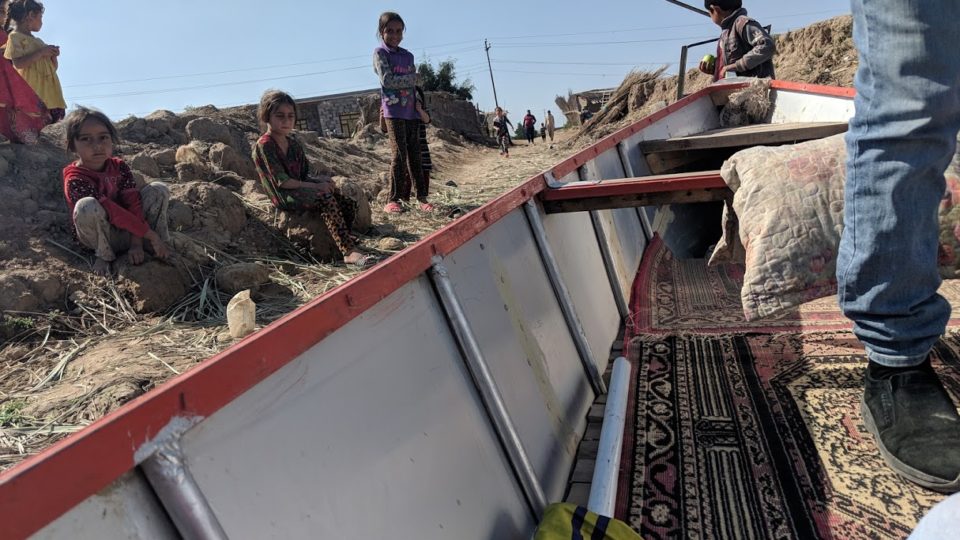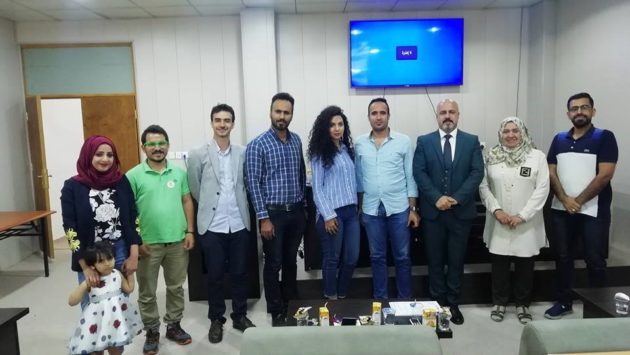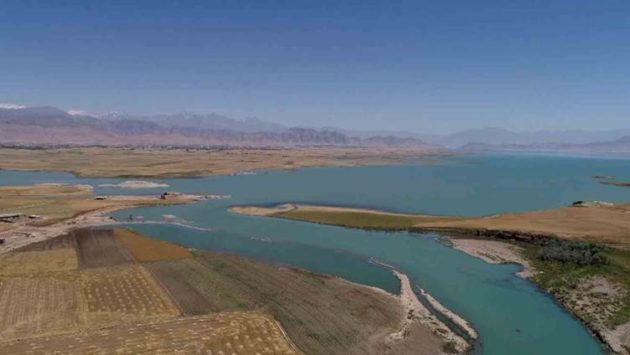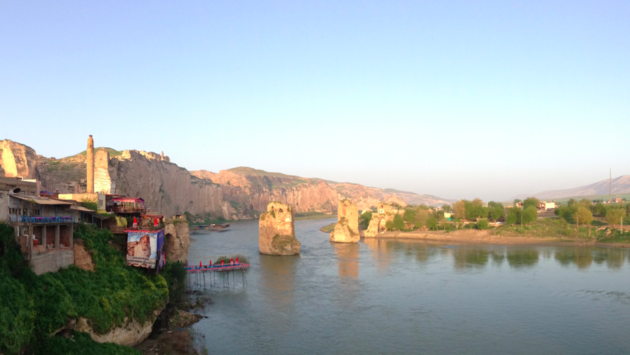New Report to the World Heritage Committee: International Action Needed to Halt Dams and Save Marshes
A new report compiled by Save the Tigris member Rivers without Boundaries and World Heritage Watch, a draft of which was presented by civil society during the World Hydropower Congress, is an indictment of global conventional hydropower construction. As the title Heritage Dammed suggests, the report sets its sights on ecological sites on the UNESCO World Heritage list. Dozens of ecological sites are identified as either irreversibly damaged, threatened, or potentially damaged but yet to be inscribed. Whilst there have been reductions in conventional hydropower installation, especially in China, in Mesopotamia construction continues largely unabated.
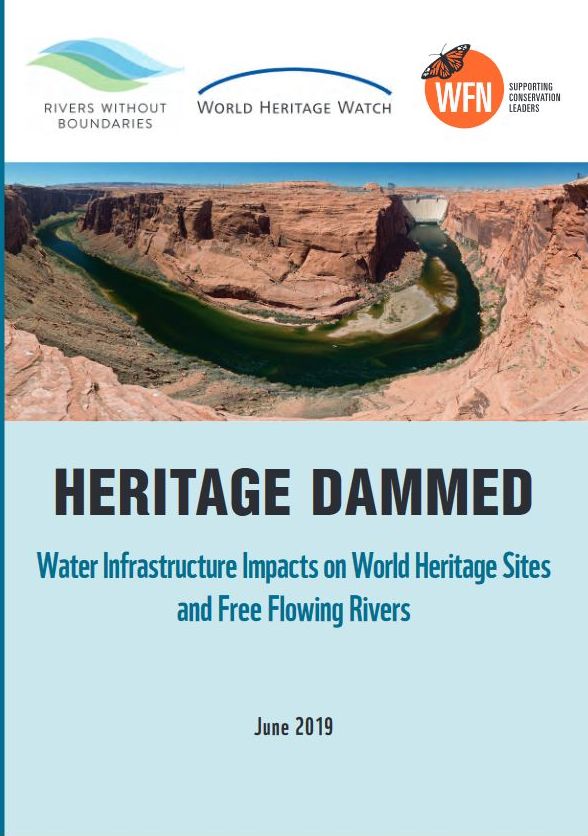
Among these, a contribution from the Save the Tigris Campaign details the devastation inflicted upon the Ahwar (Marshes) of southern Mesopotamia by (planned) dams in the upper Tigris. Added to the World Heritage list as recently as 2016, the Ahwar are nevertheless home to wildlife and an indigenous population who returned after their partial restoration in the early 21st century.
Today, the contribution states, the saline dilution provided by the Tigris is reduced such that “fish stocks […] have […] greatly decreased.” Many of the Marsh Arabs, meanwhile, once again “have become internally displaced” with insufficient water for livestock. With Ilisu and other dams either planned or due to be filled in, the current course looks dire.
The segment goes on to provide updates including obstacles in the existing state of dialogue; threats from dams in Turkey, Iran and the Kurdistan Regional Government, and a recent report of the Iraqi government to the UNESCO World Heritage Committee (WHC) regarding minimum water flows. It finishes with a call for legally binding international agreement on minimum flows between Baghdad, Ankara and Tehran, and with the full participation of Erbil, based on ecological research, as stated in the declaration of the Mesopotamian Water Forum from April of this year. Much of this ecological research regarding impacts on the Ahwar is still lacking, Save the Tigris points out.
The report as a whole provides context insofar as showing the Ahwar are not in a unique position among freshwater ecosystems. This is also cause for hope. Continued solidarity and collaboration between those who see humans as stewards and not dominators of these ecosystems have a chance to step in and act. As the report lays out, the WHC began to commit to requests that relevant states and industry work responsibly with respect to World Heritage Sites in 2016 – the same year the Ahwar were listed – and has since added measures in 2018 with which to set about doing so, including working with civil society campaigns such as Save the Tigris.
The report will be presented during the 43rd session of the WHC in Baku, Azerbaijan, taking place from the 30th of June to the 10th of July 2019. Read the full report here.
Haroun Lazim, Save the Tigris, Sulaymaniyah

